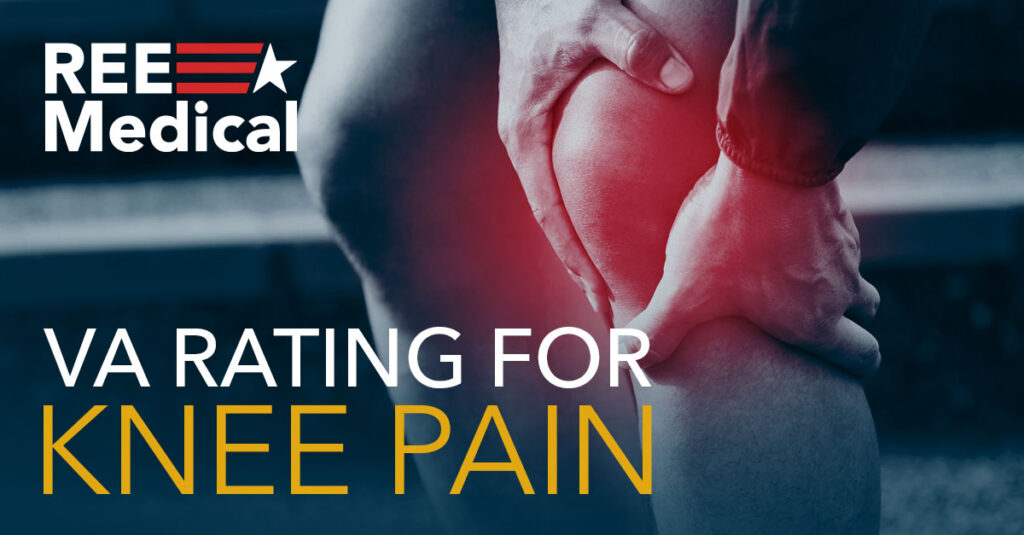Staying Active Safely in Summer Heat
August brings longer, hotter days, perfect for outdoor movement, but also presenting heat-related risks, especially for Veterans managing chronic conditions or medications. Understanding hydration, timing, and smart health practices is essential to stay safe, active, and well.
Why Heat Safety Matters
High heat and humidity can increase the risk of dehydration, heat exhaustion, and heatstroke. Veterans managing cardiovascular issues, diabetes, or mobility limitations can be especially vulnerable. Staying cool, hydrated, and informed ensures activity enhances wellness without compromising safety.
Timing Your Activity for Cooler Hours
The VA recommends scheduling workouts during morning or evening hours to avoid peak heat and humidity, typically between 10 a.m. and 4 p.m. Army health experts echo this, advising against strenuous outdoor activities in midday heat.
Hydration: Before, During, and After
- Pre‑hydrate: Begin increasing water intake a day or two before intense exercise to build reserves.
- During activity, drink fluids every 20 minutes — water or light sports drinks with electrolytes — to replace sodium, potassium, and chloride lost through sweat.
- Post‑activity, replenish fluids gradually. A rough guideline is 20 oz per pound of sweat lost, spread over hours rather than chugged at once.
Also integrate hydrating foods like watermelon, berries, oranges, and coconut water into meals and snacks.
Clothing and Sun Protection
Choose loose, light-colored, breathable fabrics that cover arms and legs. Use SPF 30+ sunscreen, reapply as directed, and seek shade whenever possible (especially during break times or rest periods outdoors).
Recognizing Warning Signs & Listening to Your Body
Heat-related symptoms such as dizziness, nausea, headache, muscle cramps, or heavy sweating warrant immediate rest and hydration. Use VA Health Chat or contact your VA care team if unusual symptoms arise during activity.
Practical Daily Wellness Tips
- Set hydration reminders — via phone timers or apps like Live Whole Health — to stay on track.
- Dress appropriately and carry a water bottle whenever you’re outdoors.
- Plan active sessions around cooler parts of the day, keeping intensity moderate.
- Know your medical conditions, medications, and how heat may affect you. Consult your VA provider or Nurse Advice line as needed.
- Pair movement with cooling strategies: walking in shaded areas, doing chair-based routines indoors, swimming, or adaptive aquatic workouts.
Combining Activity with Caution
Even short walks or stretching can support mobility and mental clarity, if done thoughtfully. Veterans managing chronic conditions can find benefits in daily movement that feels safe and energizing.
Resources to Support Your Health
- VA “Beat the Heat” series offers ongoing summer wellness guidance. Download Live Whole Health for hydration tracking and movement goals.
- VA Health Chat app offers quick access to VA staff for health questions, including heat-related risks during exercise.
- Local VA Whole Health or wellness centers can recommend adaptive indoor options, cooling strategies, and personalized safety guidance.





